Stories
Capturing moms: A movement for visibility
1 January 1970
Inspired by the structural inequality and lack of appreciation for caregiving, Natalie Stanczak and Nicole Noller started the "Faces of Moms"-campaign during the pandemic. As new mothers, they wanted to create a platform for mothers and marginalized parents to share their stories and challenges.
They began by interviewing moms, asking about their three biggest challenges, frustrations, and needs – which gained significant attention. The campaign expanded to include exhibitions, workshops, panel discussions, and a book, "Bis eine* weint!", portraying 17 caregivers. The project aims to highlight caregiving work's importance, foster understanding, and influence political debates. We had the chance to sit down with Natalie and delve into why it's crucial for mothers to be more visible in their own family stories.
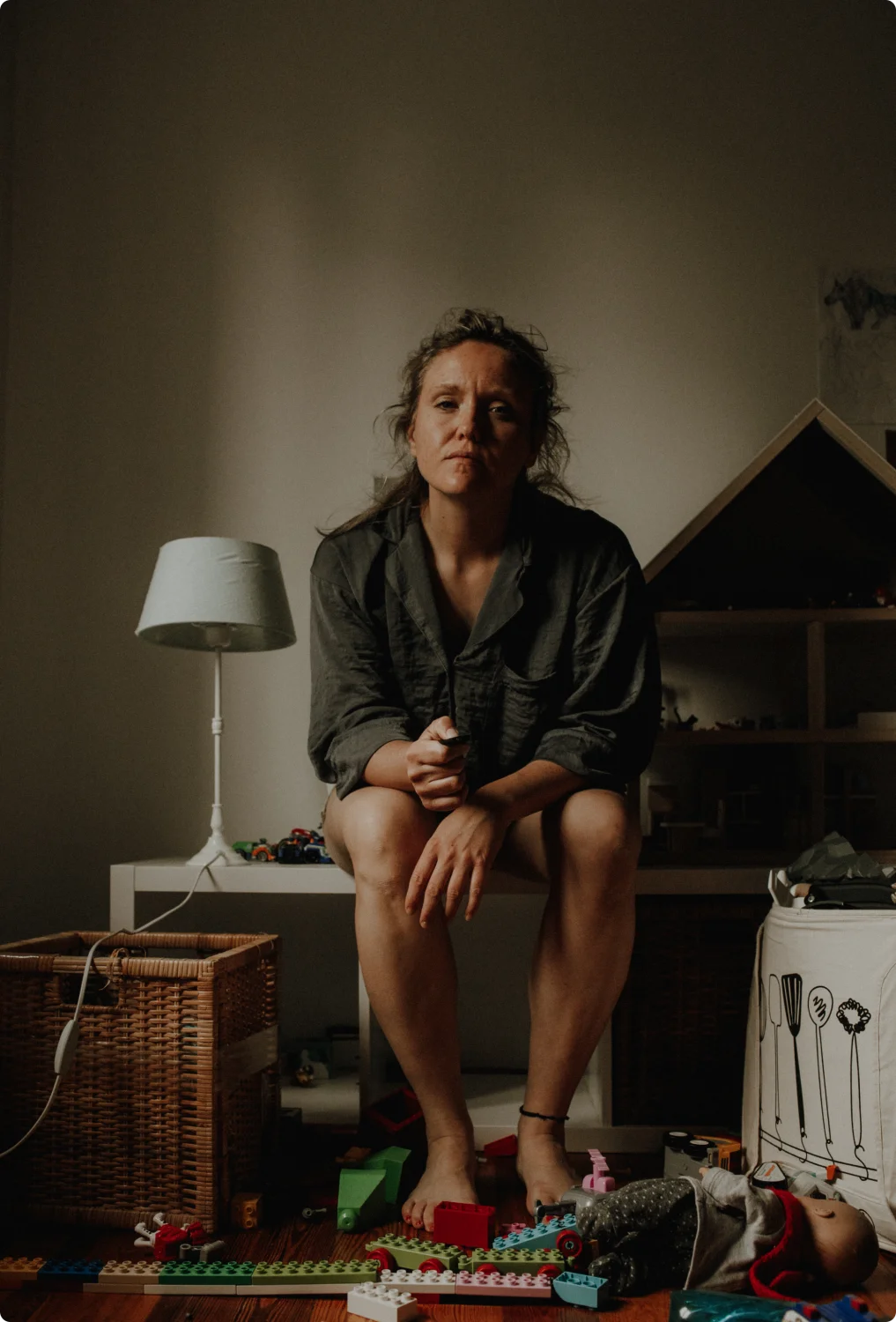
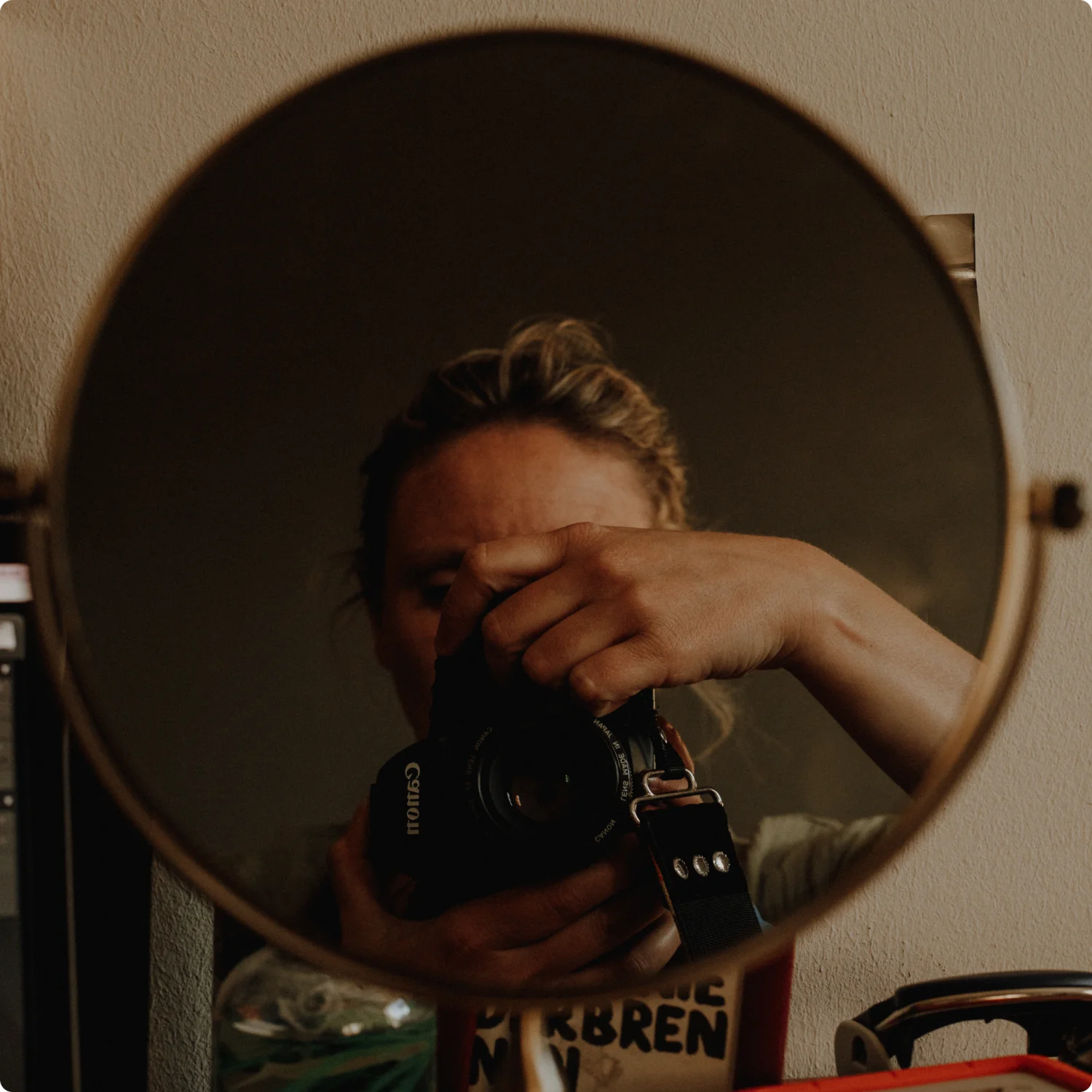
What role does photography play for you as a parent, and how does it affect family dynamics?
Mothers often remain unseen in family photos, reinforcing societal invisibility. Representation in photos affirms their identity and contributions. Despite often being responsible for caregiving work, mothers are usually the ones not in the pictures – a "mother-photo-gap," so to speak. This invisibility extends beyond the family album to political positions and public recognition. By including mothers, we challenge societal structures that keep caregivers behind closed doors and promote recognition for their essential work.
As my children became older, I realized the impact of not being visible in photos on my own identity and development. This insight led to "The Family Fotoshoot" project, part of "Faces of Moms," inviting families to create inclusive and personal photographs. By being in the pictures, mothers can feel seen and appreciated, recognizing their vital role in the family and society.
What challenges did you face when encouraging mothers to be more visible in their family stories?
Many mothers struggle with societal beauty standards and internalized expectations, feeling insecure about their appearance and reluctant to be photographed. A client once doubted her family could look as good as the ones on my Instagram, expressing concerns about her post-birth figure and the chaos at home.
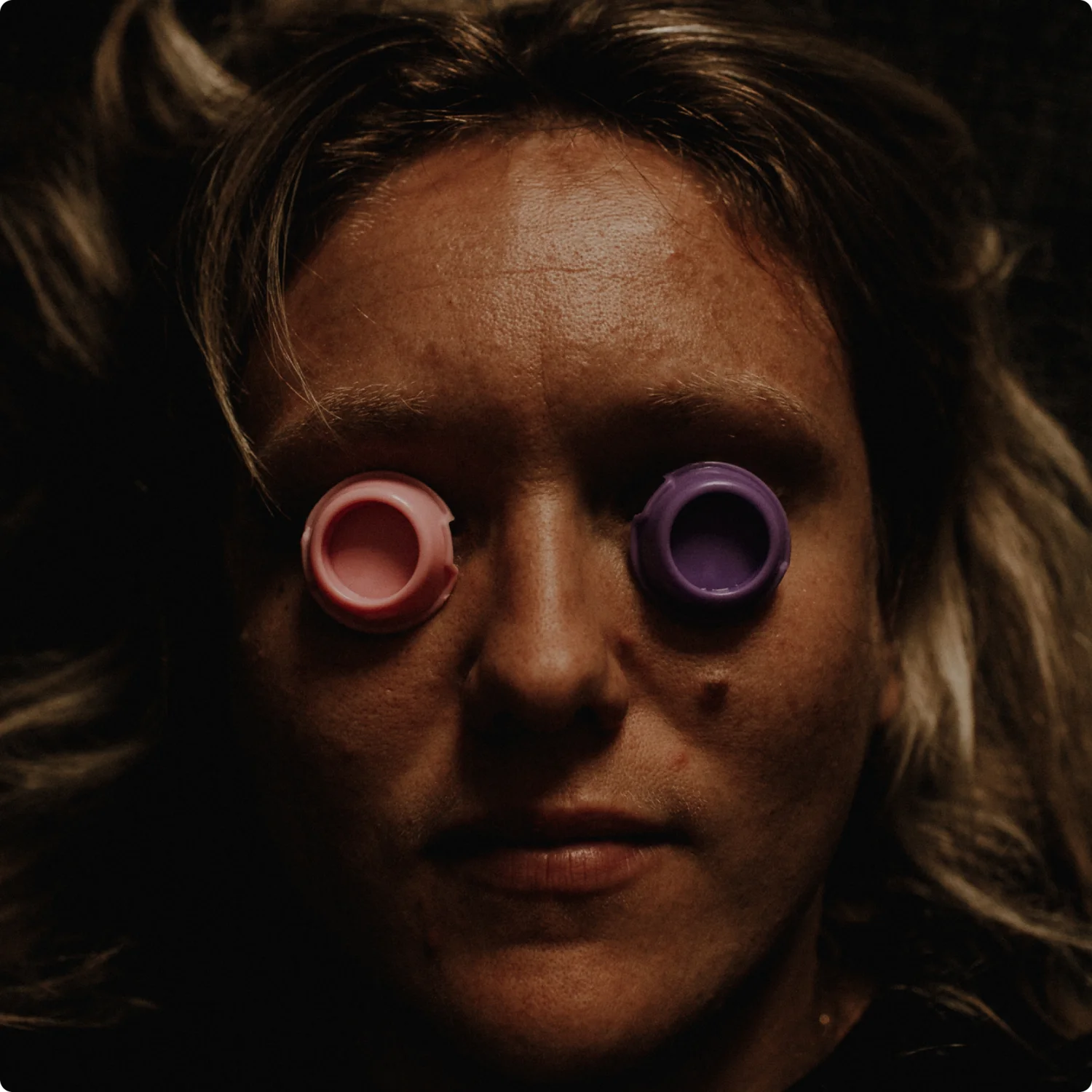

Through conversations about beauty standards and societal expectations, it became clear that these deep-seated beliefs don't change overnight. I used to delete pictures of myself because I didn't find myself beautiful, a mindset deeply ingrained by a misogynistic, sexist, and ableist society.
By acknowledging these challenges and offering support, I helped parents become more comfortable in documenting their family stories. It's about approaching our bodies with neutrality, not necessarily celebration. This societal shift allows mothers to actively record their family history and become visible in their family narratives.
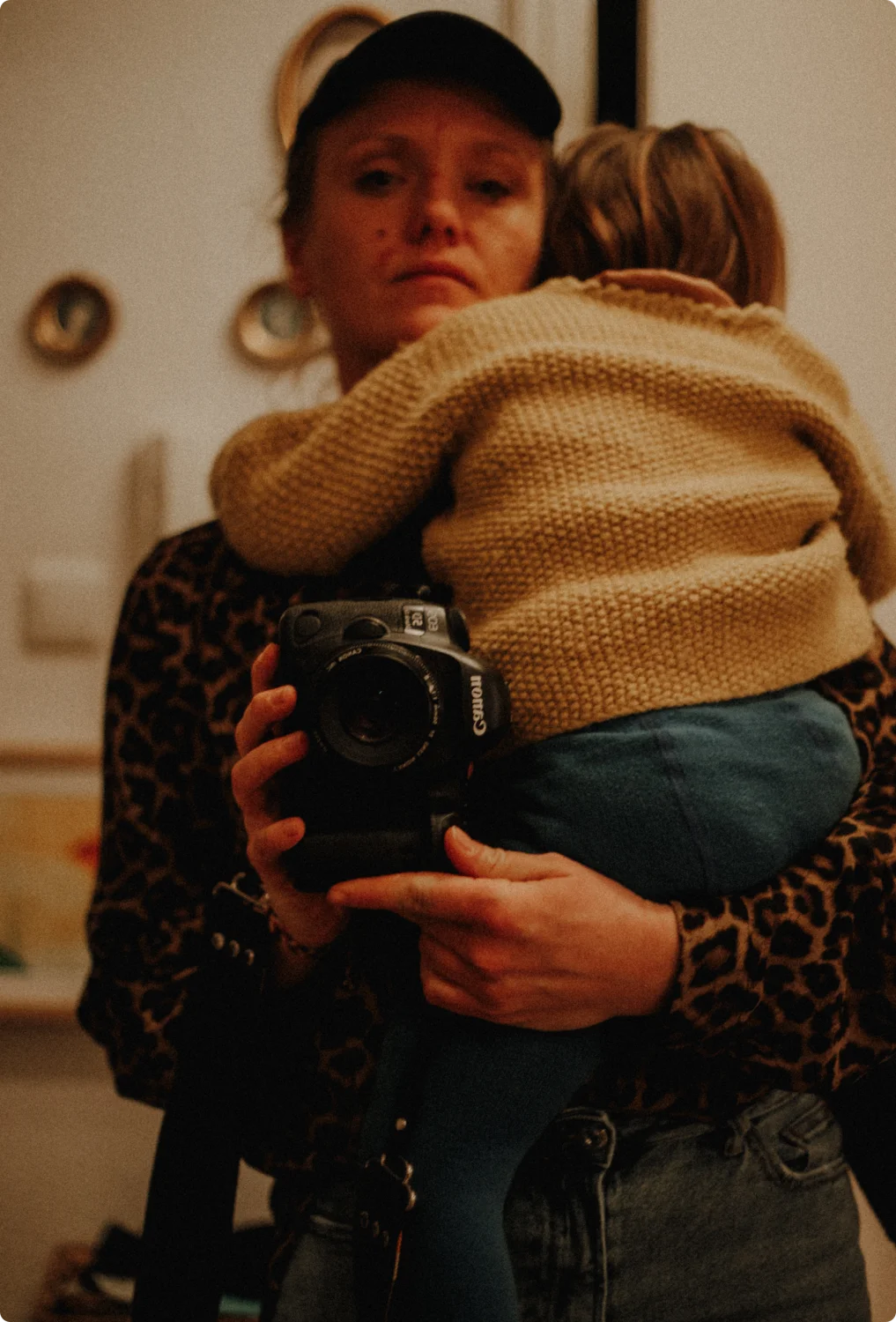
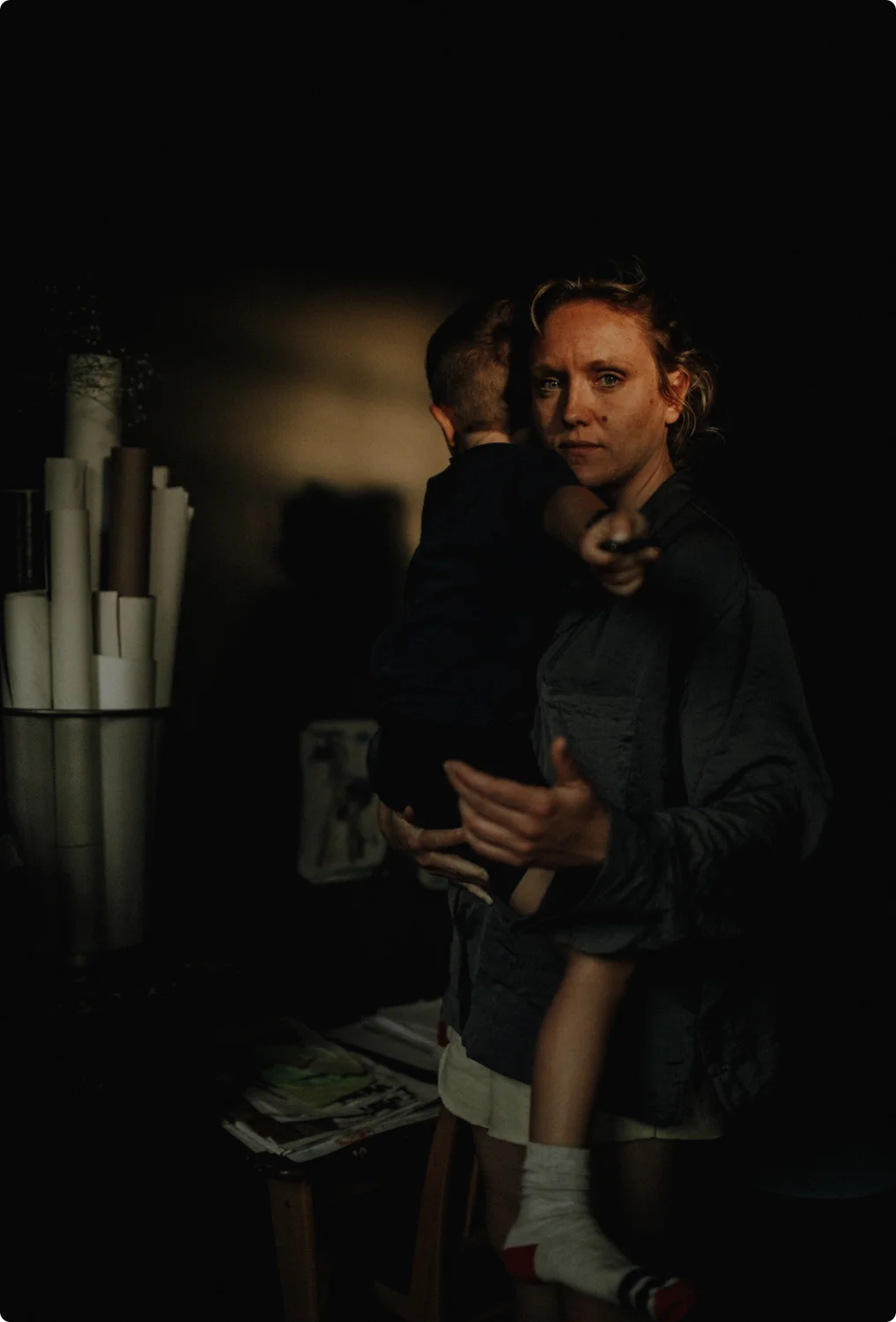
“By being in the pictures, mothers can feel seen and appreciated, recognizing their vital role in the family and society.”
What are the advantages of parents taking an active role in documenting and sharing their family stories?
Taking an active role in documenting and sharing their family stories enables parents to develop a deeper awareness and visibility in their own history and family narrative. By actively engaging with their own experiences and recording them, parents can not only reflect on their personal development years later but also learn about the dynamics and evolution of their family. This process of becoming aware allows them to partly understand their own identity as well as the value of being part of the family story. At the same time, becoming visible in the family narrative helps strengthen connections between generations and create a sense of continuity and belonging. Ultimately, taking an active role in documenting and sharing family stories empowers parents and strengthens their sense of importance within the family.


What advice would you give to parents hesitant to document and share their family stories?
Realize that your stories are valuable. Documenting and sharing them helps appreciate and reflect on your experiences, including both positive and difficult moments. This strengthens family connections and aids in processing life experiences. Family photography supports self-forgiveness and belief in our lives, capturing connections and relationships, not just appearances.
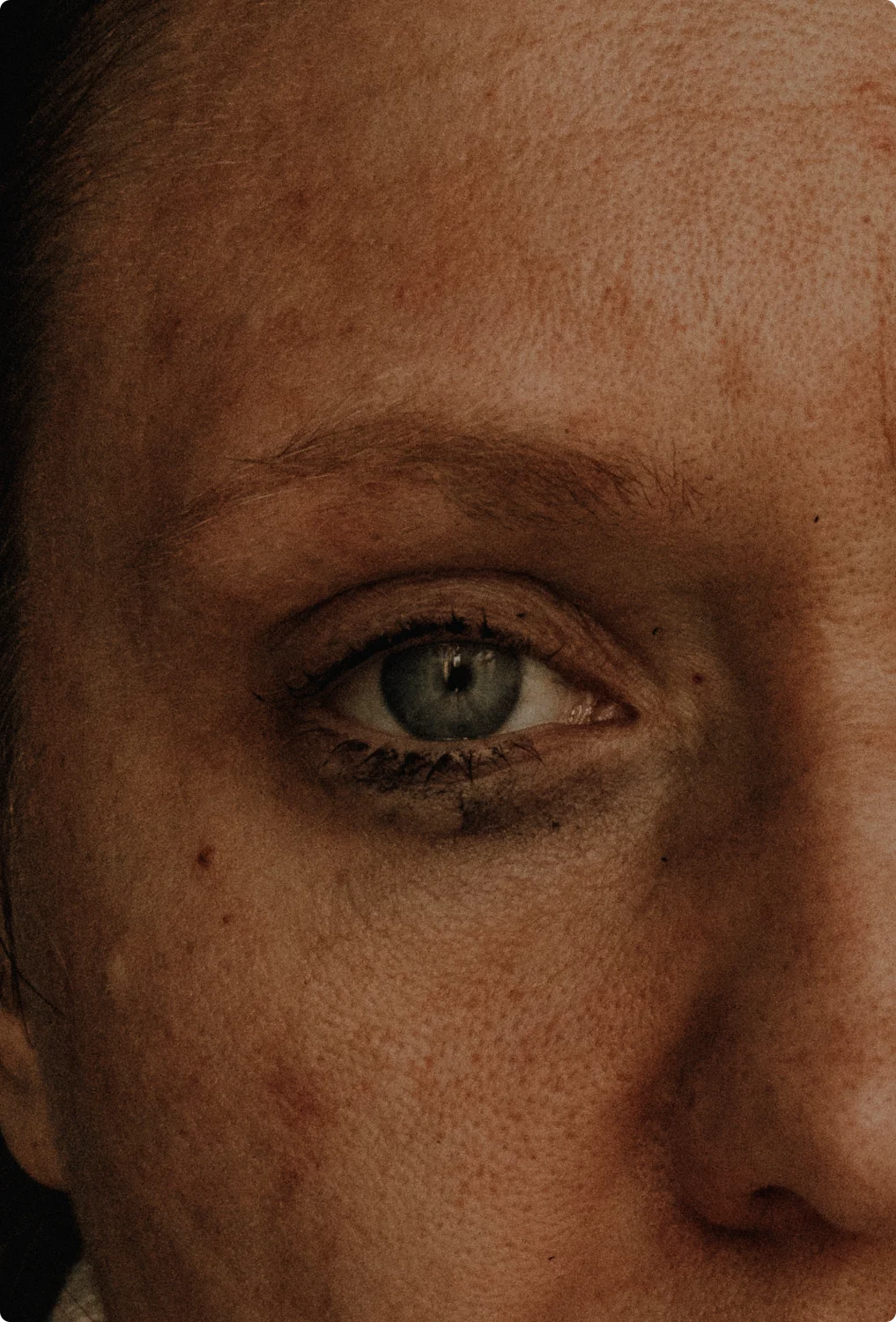

Think of photos with hindsight, capturing how you lived, spent time together, and experienced emotions. Avoid keeping pictures solely digital; consider creating photo books or keeping a simple family diary for quick notes. Manageable short projects, like themed photo books, make it easier to capture and connect specific periods without feeling overwhelmed.
Your story is never too small, and it's never too late to start!
“Many mothers struggle with societal beauty standards and internalized expectations, feeling insecure about their appearance and reluctant to be photographed.”

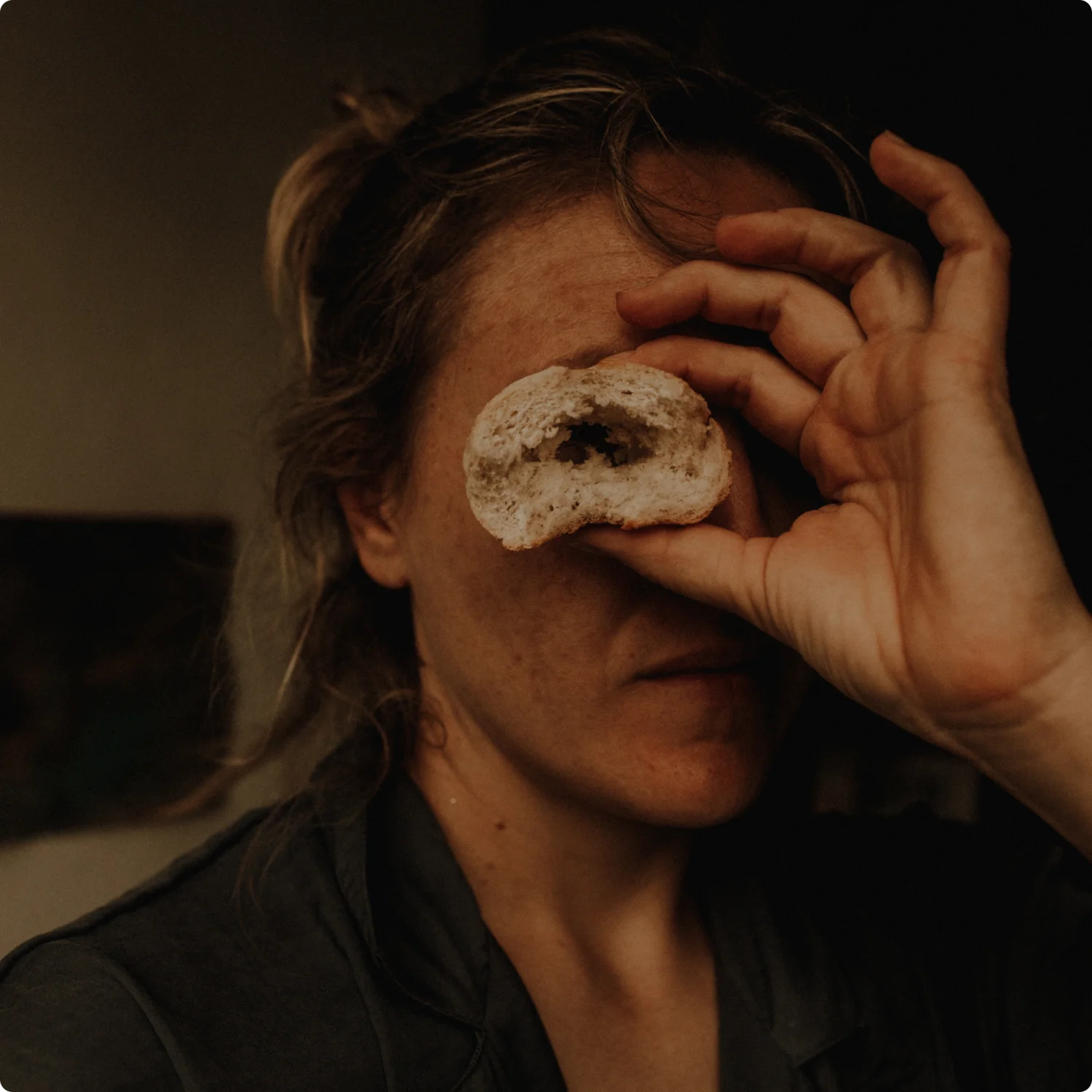
Lingua